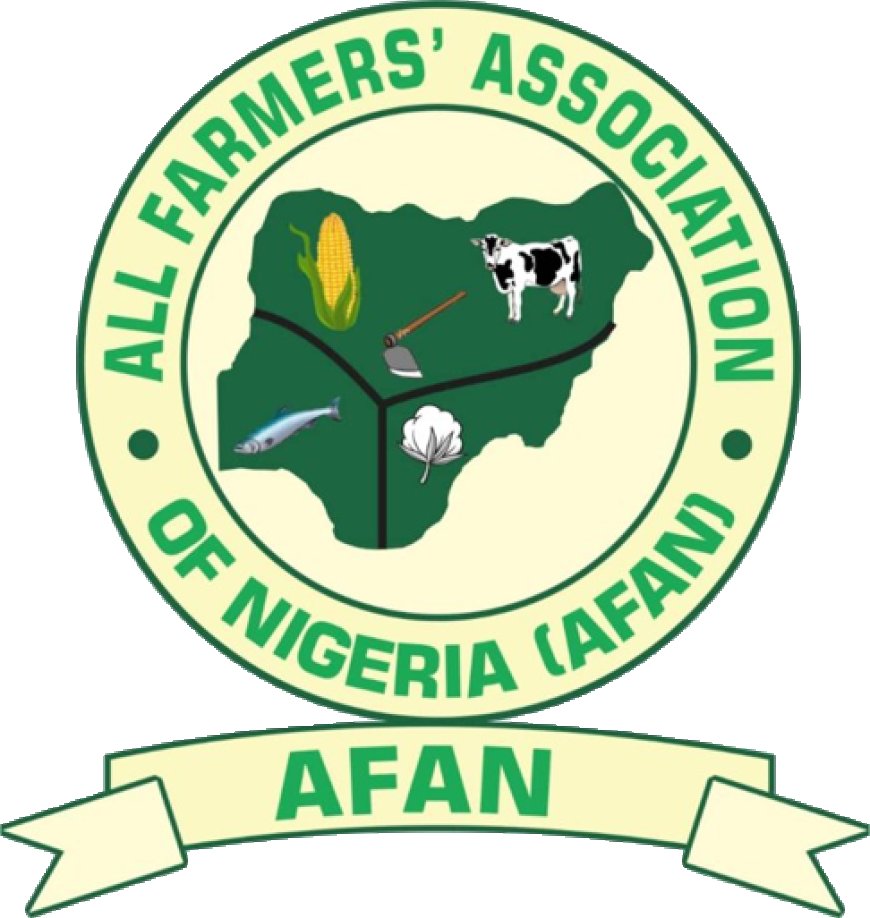Tackle food security challenges, AFAN urges govt

The All Farmers Association of Nigeria has sounded the alarm over the country’s food system, warning that multiple challenges could worsen food insecurity if urgent action is not taken.
According to the National President of AFAN, Kabir Kebram, insecurity, inflation triggered by subsidy removal, and climate change are among the most pressing issues crippling agricultural productivity in Nigeria.
“Our food system is impaired for so many reasons. We have a lot of insecurity that is really bedeviling farmers, especially in the food basket areas. And then, suddenly, the purchasing power of our Naira, since the removal of subsidy, you know how it has become. And then, the effects of climate change,” Kebram told our correspondent.
These challenges, Kebram emphasised, collectively pose serious threats to achieving food sufficiency. “So all these factors put together, they are threat factors to the attainment of food security or even food sufficiency,” he stressed.
Kebram emphasised the need for Nigeria to back policies with strong implementation, prioritising support for smallholder farmers who form the backbone of food production.
“The only thing is that we must implement our policies. We must work towards making our currency better. We must support the smallholder farmers to scale by giving them credit and subsidies. This is the only way people will go out. And, of course, you encourage them to do climate-smart production,” he explained.Optimising production, Kebram noted, requires both short-term and long-term strategies that prepare the nation for its rapidly growing population. “So there are many, many factors and many ways you can optimise production to a level where it will be sufficient for now. And then in anticipation of the population that will rise or that is rising,” he said.
The AFAN president highlighted that the government’s role is not to run farms directly but to create an enabling environment where smallholder farmers can thrive, paving the way for mechanisation and agribusiness opportunities. “The Federal Government has no farm, or no government has any farm. So the Federal Government is to create the enabling environment for the smallholder farmers to work because they are now in the majority,” Kebram stated.
As the population of small farmers contracts with mechanization, large-scale farmers will emerge, and smallholder farmers who lose out will find jobs in processing, leading to agribusiness opportunities. “You get into agribusiness and can even become rich,” Kebram added.
Nigeria’s large population, if properly harnessed, presents huge opportunities for food production, processing, and agribusiness. “Because there are many, many opportunities when you have a large population. The demand for food is high, and you can do a lot of good business in doing that. And you don’t have to be a farmer yourself,” Kebram concluded.
With over 31.8 million Nigerians suffering from acute food insecurity, according to recent reports, the situation demands urgent attention from policymakers and stakeholders. The AFAN president’s call for action underscores the need for a comprehensive approach to address the country’s food security challenges.









